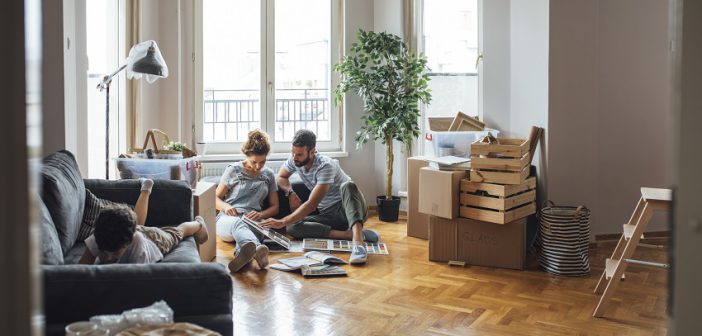Power outages used to be a rare inconvenience, but in many areas, they’re becoming a part of everyday life. Whether due to extreme weather, aging infrastructure, or energy grid issues, frequent blackouts can disrupt your daily routine, damage electronics, and even pose safety risks. But with the right mindset and preparation, you can stay one step ahead.
Here are some practical, homeowner-friendly tips for adapting to frequent power outages — without losing your sanity (or your frozen food).
1. Invest in Backup Power Solutions
If outages are becoming the norm in your area, it’s worth investing in backup power options:
-
Portable generators are great for short-term, essential power (think fridge, a few lights, and your phone charger).
-
Whole-house generators kick in automatically when power goes out — more expensive, but super convenient.
-
Battery backup systems, often paired with solar panels, are quieter and greener than gas-powered generators.
🔌 Tip: Whatever system you choose, make sure it’s installed safely and legally — especially generators, which can cause carbon monoxide poisoning if used improperly.
2. Create a Power-Outage-Ready Emergency Kit
A well-stocked outage kit saves time and stress. Essentials include:
-
Flashlights and LED lanterns (plus extra batteries)
-
Battery-powered or crank radio
-
First-aid supplies
-
Non-perishable food and bottled water
-
Portable power banks or solar chargers
-
Manual can opener
-
Basic tools and duct tape
Think of it as your “blackout bug-out bag.”
3. Keep Your Food (and Sanity) Safe
Your fridge and freezer are your most vulnerable appliances during an outage:
-
Keep doors closed as much as possible.
-
A full freezer stays cold longer than a half-empty one — use containers of water to fill gaps and freeze them.
-
Consider a thermometer for both fridge and freezer so you know when food is at risk.
-
Have a stash of shelf-stable meals on hand just in case.
4. Maintain Lighting Without Breaking the Bank
Candles might feel cozy, but LED lanterns are much safer and more effective. Rechargeable LED bulbs and solar-powered garden lights are smart options — they double as emergency lighting with minimal prep.
🌙 Hack: Charge outdoor solar lights during the day and bring them inside at night for room lighting.
5. Stay Connected — Even When Offline
Keep communication lines open:
-
Use a battery-operated or solar-powered charger for phones.
-
Have a list of emergency contacts written down.
-
If you rely on Wi-Fi, consider a backup 4G/5G hotspot (many mobile providers offer them as add-ons).
-
Walkie-talkies or CB radios can be useful for neighborhood-level communication.
6. Protect Your Electronics
Frequent outages and surges can fry your gadgets. Use surge protectors or unplug sensitive electronics during storms or planned outages. If possible, invest in a UPS (Uninterruptible Power Supply) to give you a few minutes of safe shutdown time for computers and modems.
7. Get to Know Your Neighbors
Community matters during a blackout. Exchange numbers, check on elderly neighbors, and consider sharing resources like generators or refrigeration space. You don’t have to go it alone.
8. Plan for Long-Term Resilience
If outages are expected to persist for the foreseeable future, think bigger:
-
Install solar panels with battery storage.
-
Switch to gas appliances where feasible.
-
Improve home insulation to retain temperature longer.
-
Advocate for local infrastructure upgrades.


